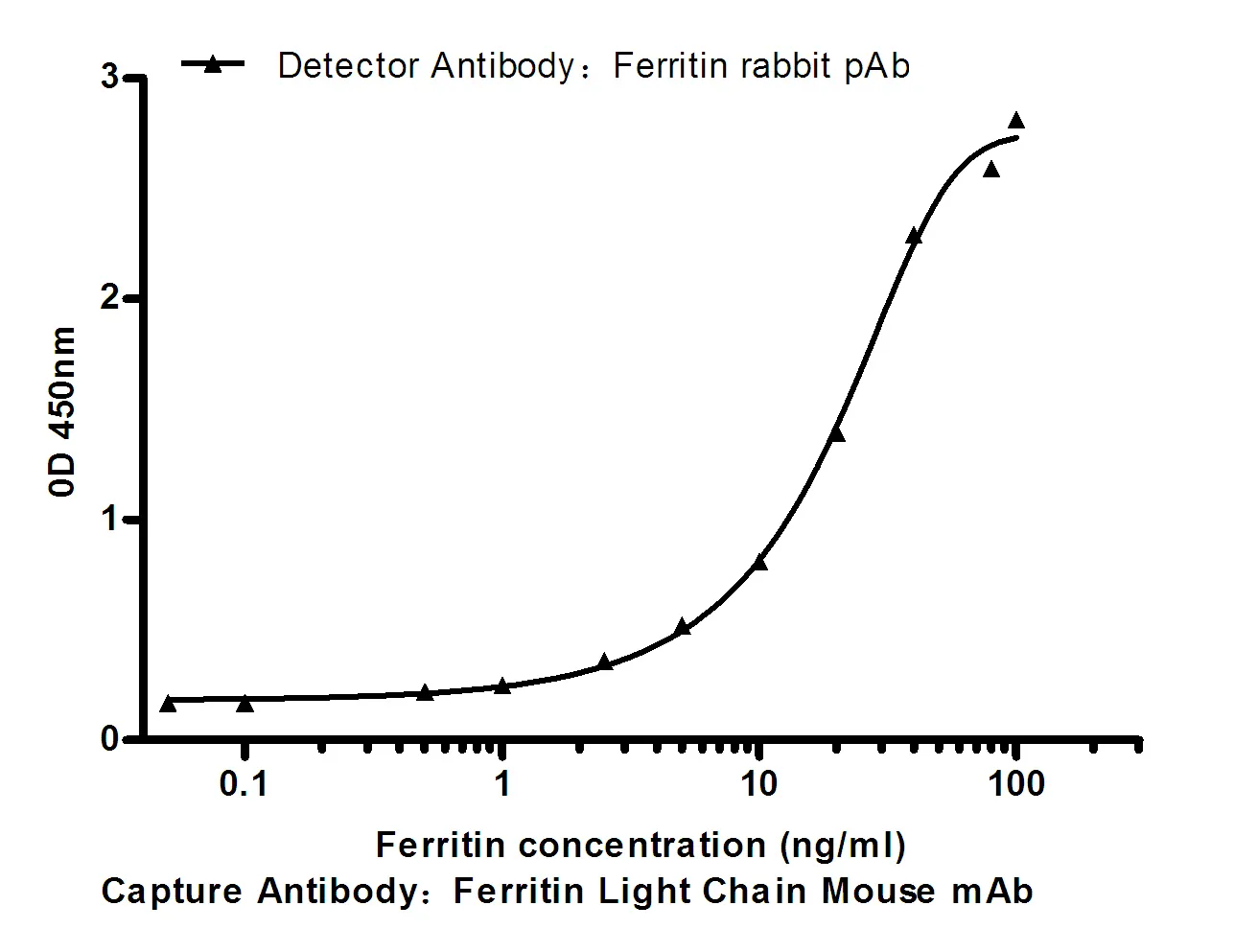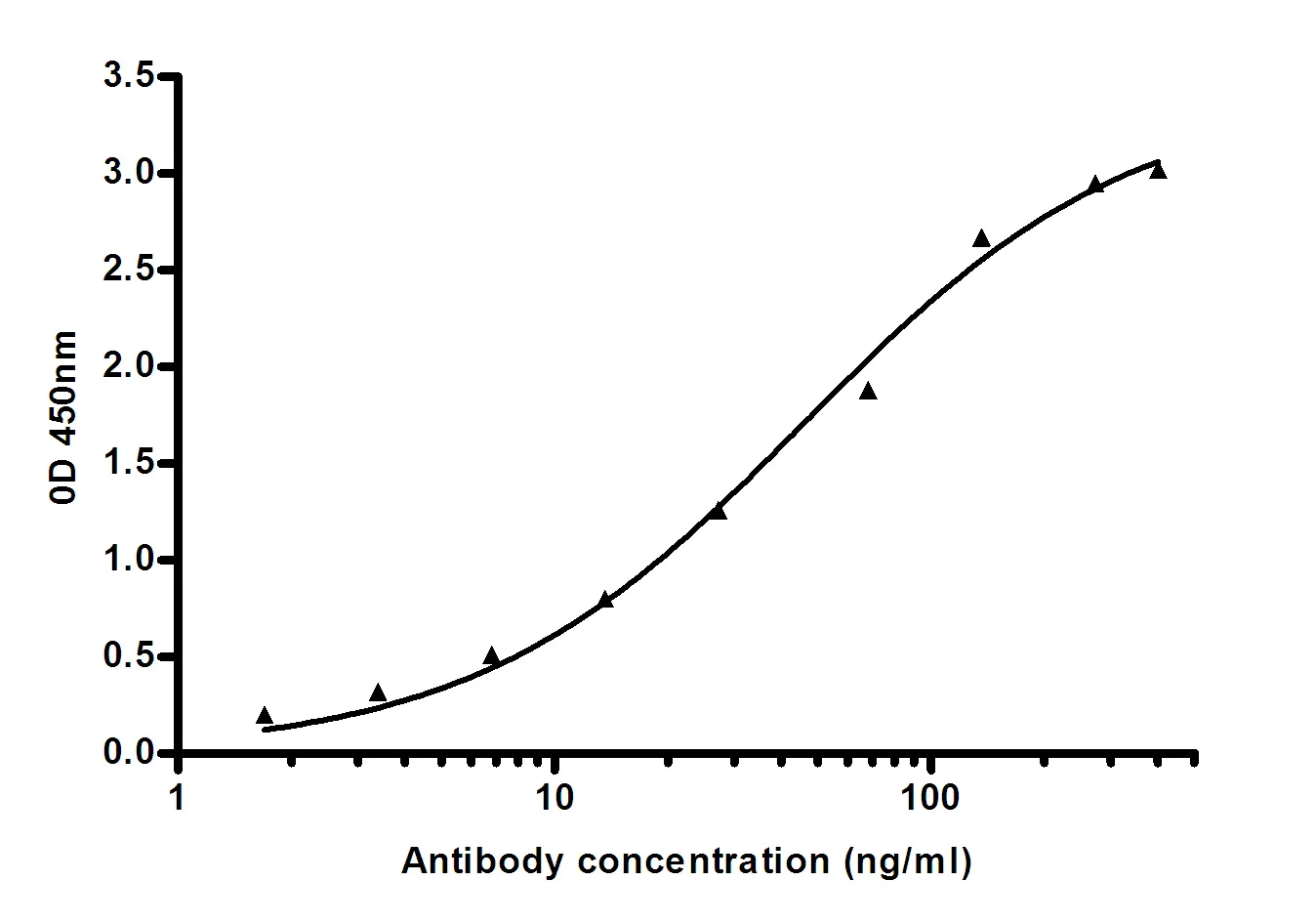Summary
Performance
Immunogen
Application
Background
sedoheptulokinase(SHPK) Homo sapiens The protein encoded by this gene has weak homology to several carbohydrate kinases, a class of proteins involved in the phosphorylation of sugars as they enter a cell, inhibiting return across the cell membrane. Sequence variation between this novel gene and known carbohydrate kinases suggests the possibility of a different substrate, cofactor or changes in kinetic properties distinguishing it from other carbohydrate kinases. The gene resides in a region commonly deleted in cystinosis patients, suggesting a role as a modifier for the cystinosis phenotype. The genomic region is also rich in Alu repetitive sequences, frequently involved in chromosomal rearrangements. [provided by RefSeq, Jul 2008],catalytic activity:ATP + sedoheptulose = ADP + sedoheptulose 7-phosphate.,disease:Deficiency of the SHPK gene in cystinosis patients with a common 57-Kb deletion causes urinary accumulation of sedoheptulose and erythritol.,similarity:Belongs to the FGGY kinase family.,tissue specificity:Strongly expressed in liver, kidney and pancreas. Expressed at lower levels in placenta and heart. Very weakly expressed in lung and brain.,
Research Area



